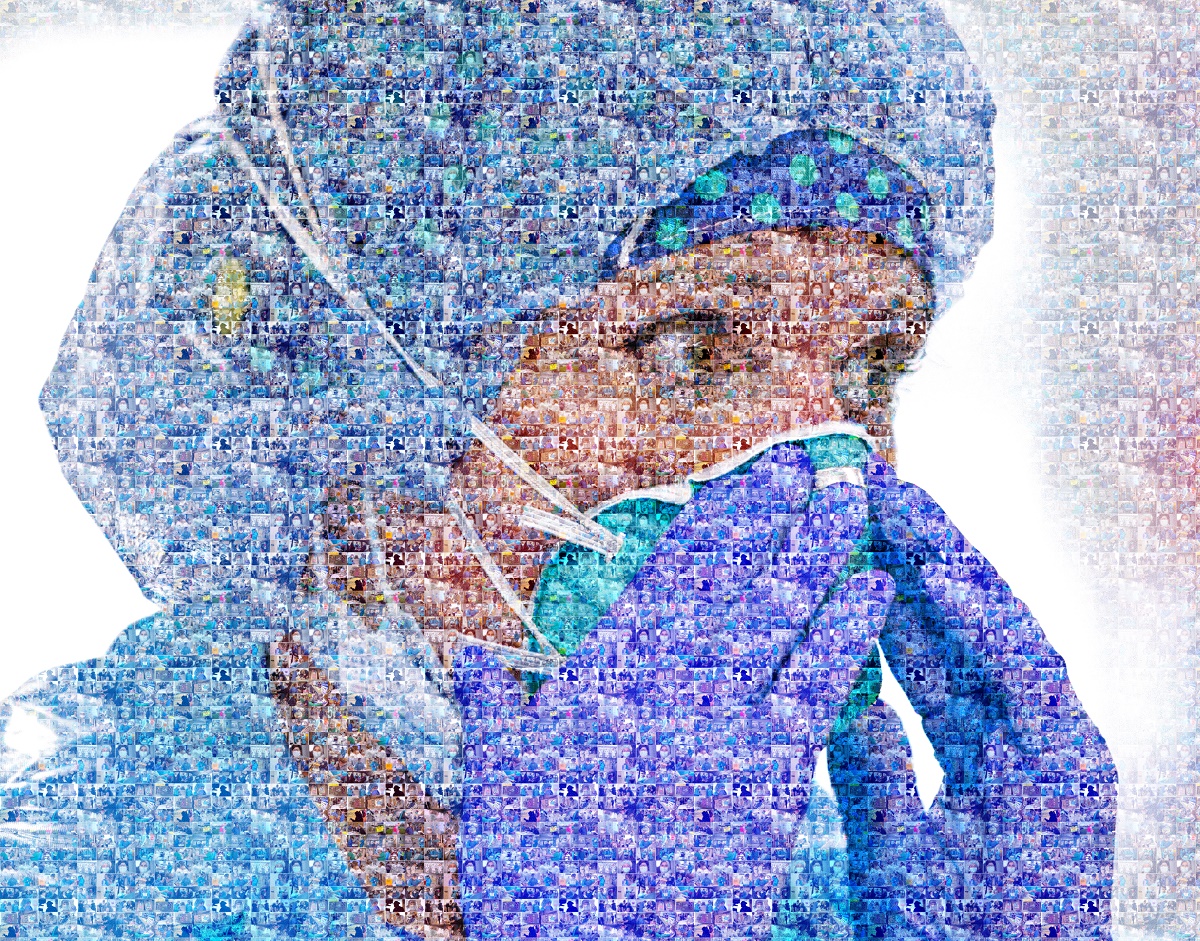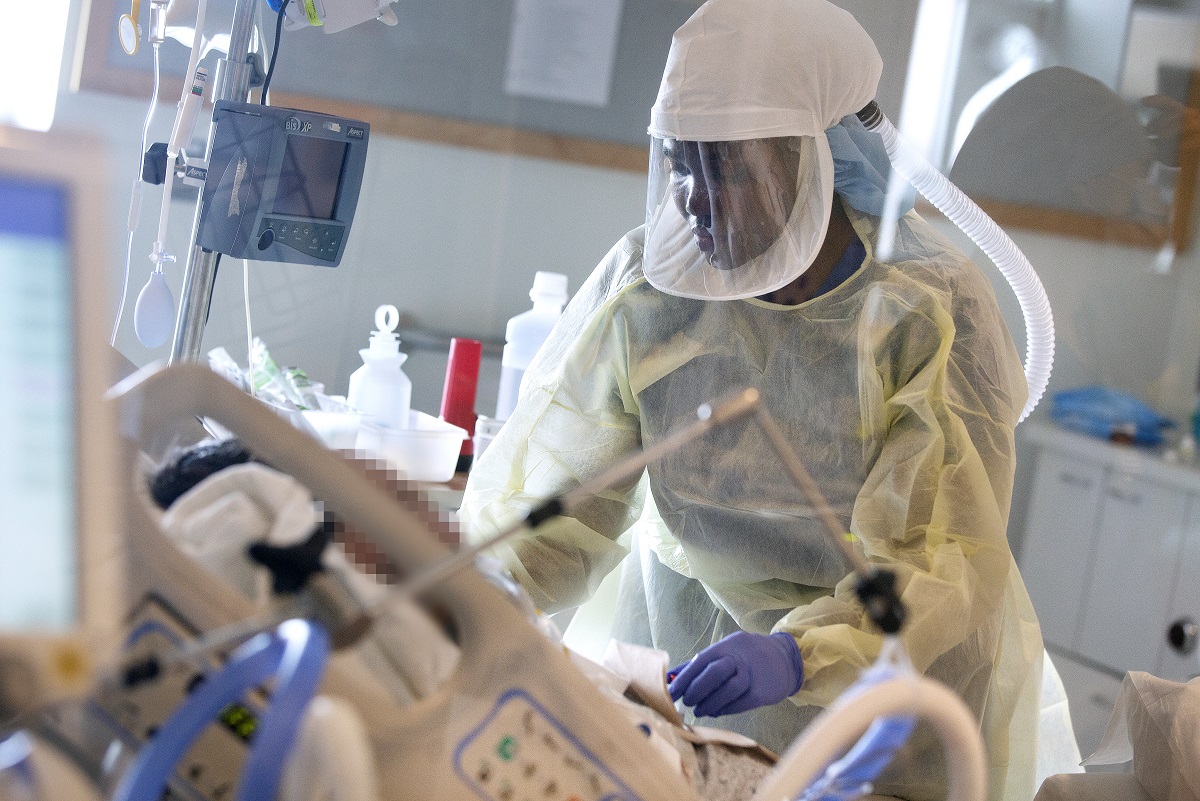Key players: nurses innovate care, shape policy, impact lives

A fist pound will forever remind Sarah Ellis why she became a registered nurse.
For more than five months, Ellis, a staff nurse in the Pediatric Perianesthesia Unit at Penn State Health Children’s Hospital, took care of a 5-year-old girl with heart failure who was developmentally delayed and almost deaf. Ellis showed her a “fist pound and explode” gesture that became their signature sign.
When the little girl passed away, Ellis attended her funeral and recalls the girl’s father extended his fist out in front of him and said, “I have to get one more of these in.”
“As a nurse, I have an amazing and unique opportunity to make the absolute best out of a terrible situation,” Ellis said. “Nursing is a humbling, heartbreaking and wonderful occupation all rolled into one, and I am honored to be a part of it.”
While they often cite the opportunity to spend more time with patients as the reason they chose nursing instead of becoming a doctor, the educational journey to registered nurse and beyond is demanding, and the expertise and requirements for the job exacting.
“I think the way our bodies are built to heal themselves is incredible, and as a nurse I am able to provide help and education to those who need healing and support,” said Claire Diffenderfer, licensed practical nurse at Penn State Health Medical Group – Lime Spring. “I find nursing to be very rewarding and forever changing.”
Nurses act as caregiver, advisor, confidante, educator, advocate – often all at once – and for multiple patients. Nurses also shape policies at the national level as representatives of professional organizations. This week, during National Nurses Week, Penn State Health is celebrating the important role nurses play, now and every day of the year.
“Nurses inspire me every day with the compassion, critical thinking and interpersonal communication they bring to patient care,” said Judy Himes, senior vice president and chief nursing officer, Penn State Health Milton S. Hershey Medical Center. “Nurses at all levels and in all settings contribute to the mission of our organization.”
In recent weeks, nurses have been a strong and steady presence at the bedside of COVID-19 patients, drawing on advanced preparation while adapting and supporting each other.

Mary Kamau, a registered nurse at Penn State Health St. Joseph, tends to a COVID-positive patient at Penn State Health St. Joseph (The photograph has been pixelated to protect the identity of the patient.)
“I have certainly taken care of very ill patients through my years of experience, but we haven’t seen this many people as sick as they are, coming into our unit all at the same time,” said Mimi Beck, a registered nurse in the Critical Care Unit at Penn State Health St. Joseph Medical Center. “We work 12-hour shifts, so it’s a long day, but there’s a lot of support within our unit and from management.”
Often the most treasured support comes from the patients they serve, nurses say.
“The best part of being a nurse are the thank-you’s you receive from patients,” said Alyta Abdullah, a senior attending nurse at Penn State Health Medical Group – Benner Pike. “They are like little rays of sunshine that remind you why you became a nurse and why you love doing what you do.”
If you're having trouble accessing this content, or would like it in another format, please email Penn State Health Marketing & Communications.
